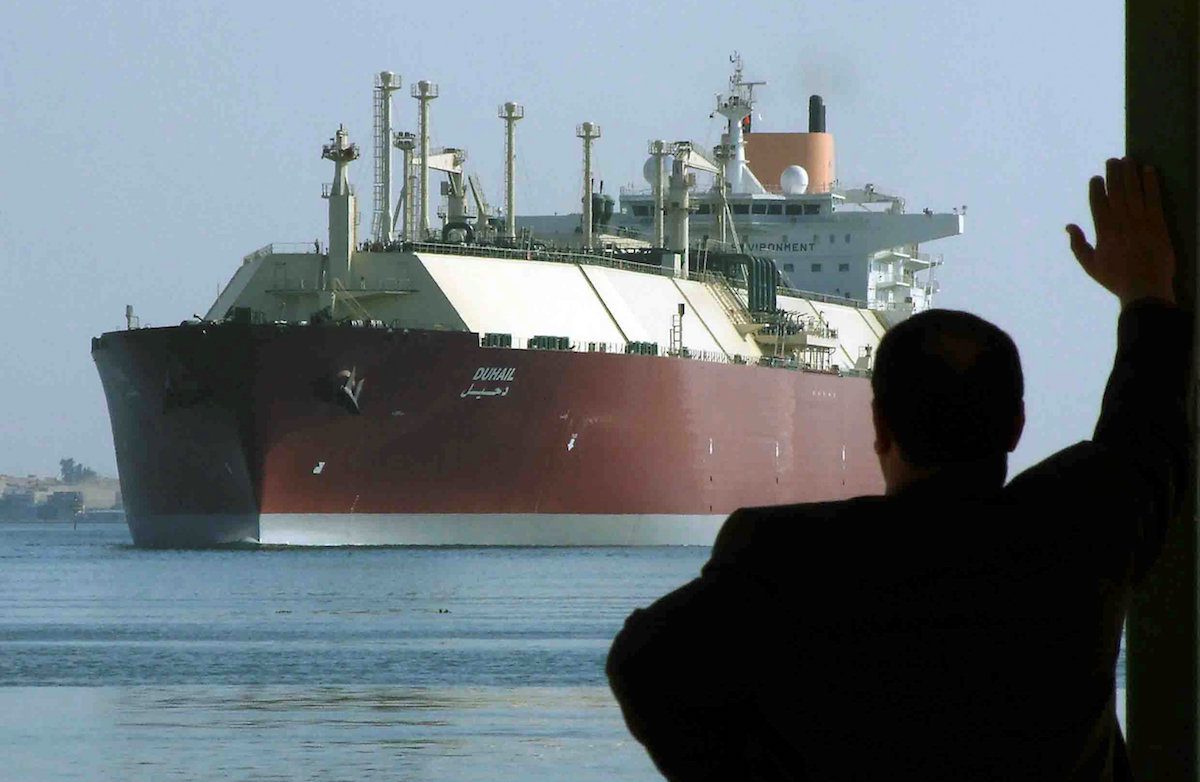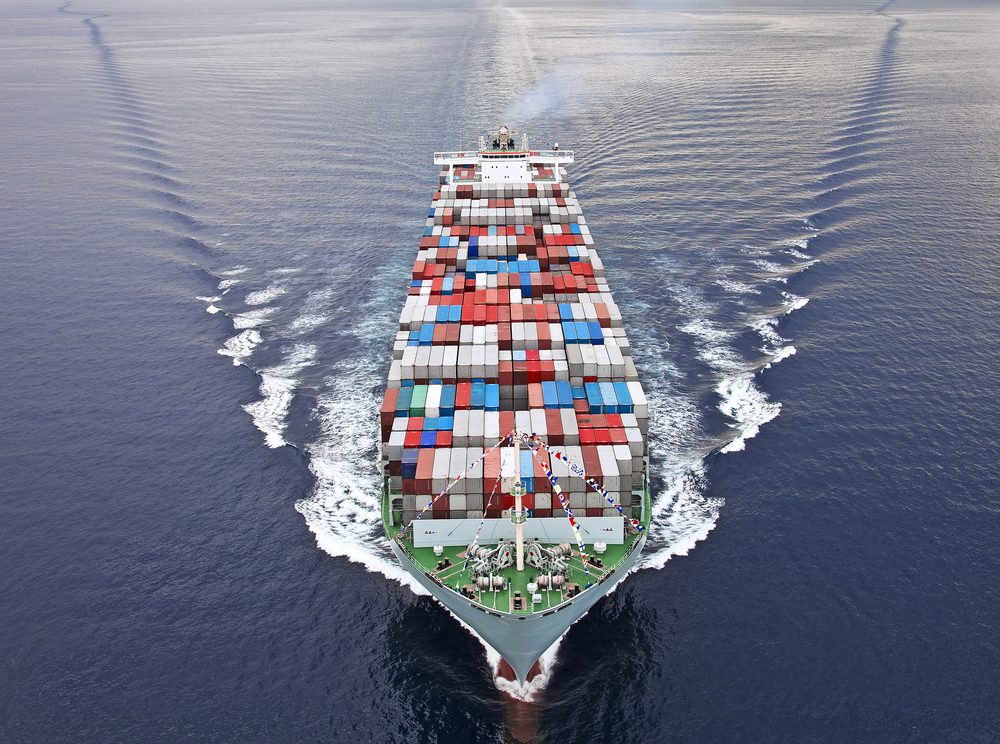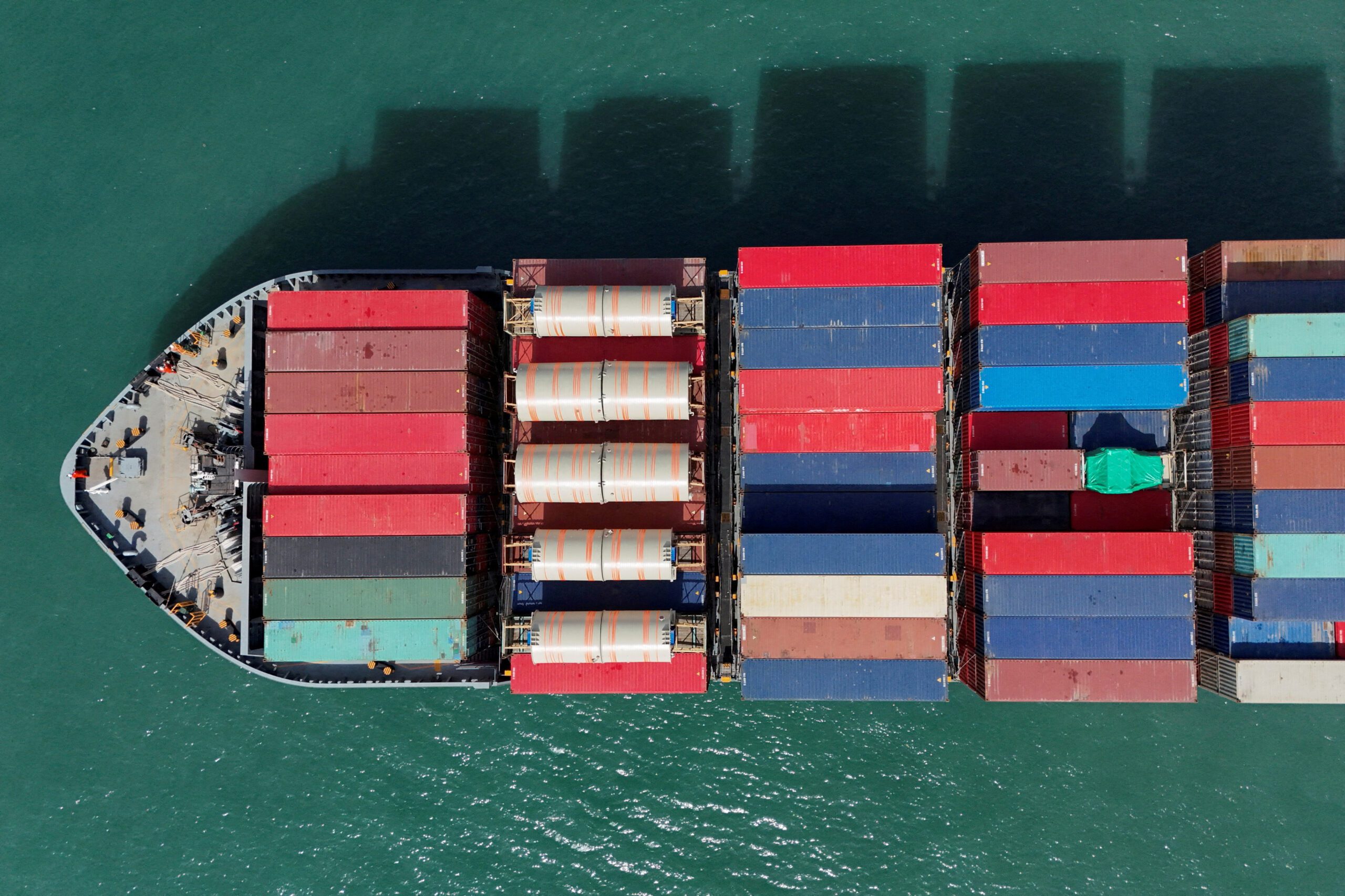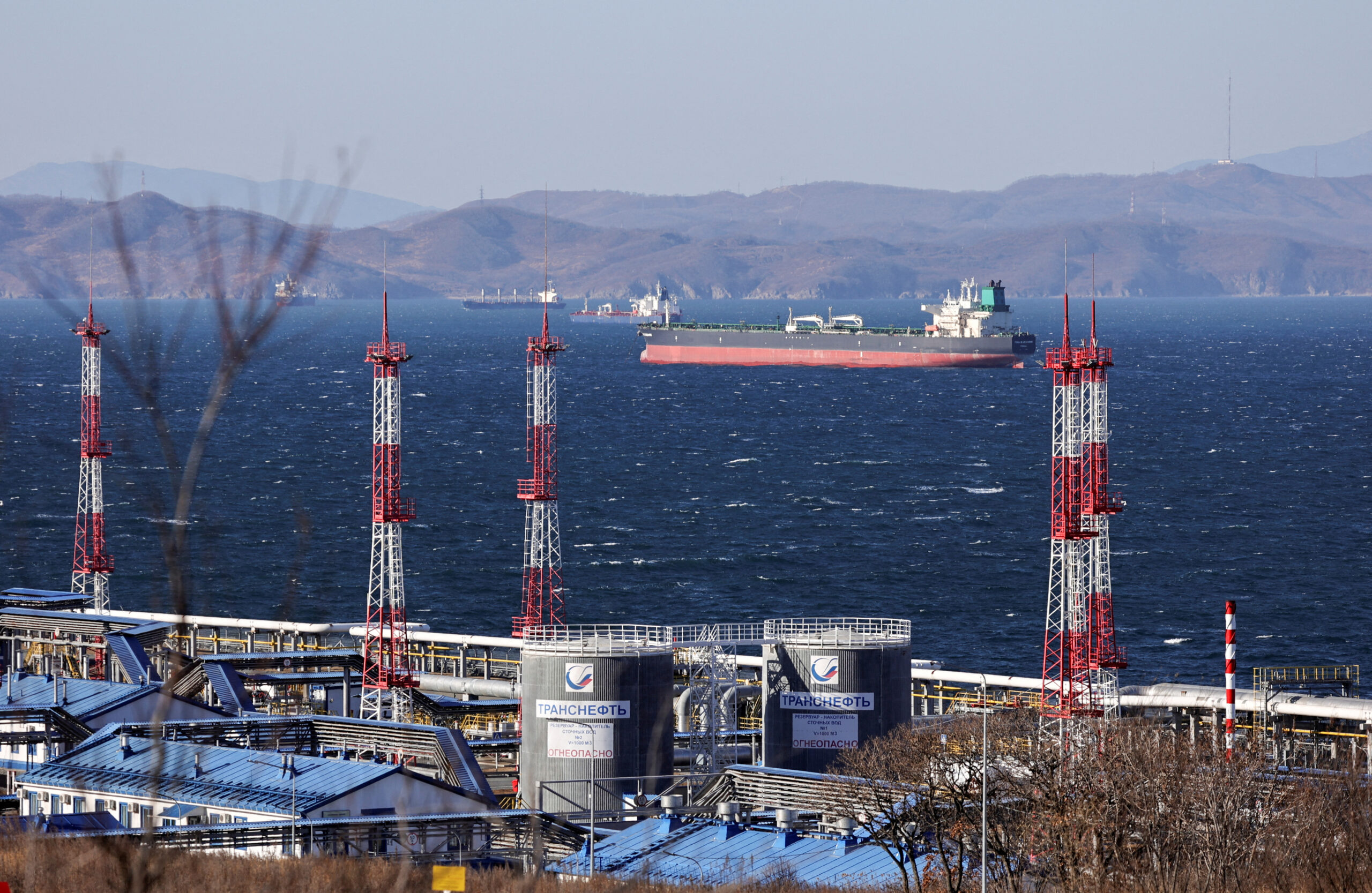SINGAPORE, Dec 19 (Reuters) – Several liquefied natural gas (LNG) vessels have changed their courses in recent days to avoid the Red Sea region amid maritime attacks by Yemen’s Iran-aligned Houthis on the world’s main East-West trade route.
The Red Sea is linked to the Mediterranean by the Suez Canal, creating the shortest shipping route between Europe and Asia, and is connected to the Gulf of Aden by the Bab-el-Mandeb strait between Yemen and Djibouti. About 12% of world shipping traffic transits the canal.
But attacks in recent days on ships along the route have led companies such as oil major BP, French shipping group CMA CGM and Norwegian oil and gas firm Equinor to re-route vessels or pause transits through the Red Sea.
Four LNG vessels so far have adjusted their routes to avoid passing by Yemen, according to shiptracking data by Kpler, ICIS and LSEG Eikon. One of them, Celsius Copenhagen, had passed through the Suez Canal on Dec. 13 and was midway through the Red Sea before making a U-turn and doubling back on Dec. 15.
The Oman LNG controlled vessel, carrying a cargo from Freeport in the United States, was initially heading to Incheon port in South Korea, Kpler data showed. It is currently south of the Suez Canal with Kalamata, Greece, as its next destination.
Oman LNG did not immediately respond to a request for comment.
Cool Runner, a 160,000 cubic meters BP-chartered vessel, appears to have delivered part or all of its cargo into Greece’s Revithoussa LNG import terminal, rather than pass through the Suez Canal, ICIS LNG shiptracking data showed.
Before its delivery to Greece, the vessel had repeatedly signalled a course to Egypt’s Port Said, indicating a heading through the Suez Canal likely for Asia. Earlier the ship, with a US Freeport cargo, had also indicated a course to the UK, before changing to signal for Egypt, ICIS data showed.
Two other vessels, Celsius Geneva and Celsius Charlotte, were heading toward the Gulf of Aden from the east in the Indian Ocean before changing direction on Dec. 15 and Dec. 18, respectively, to go southward.
Kpler data indicated that Celsius Geneva, controlled by Gunvor, was scheduled to pass the Suez Canal on Dec. 20. Its upcoming port call is now Cape Town on Dec. 25.
Celsius Charlotte is controlled by Cheniere, according to Kpler data.
Gunvor said it does not comment on shipping matters, while Cheniere did not immediately respond to a request for comment.
Still, several LNG vessels have made the transit past Yemen, through the Red Sea and the Suez Canal, and others remain on track to use that route.
Goldman Sachs said in a note on Tuesday that any shipping disruptions are unlikely to have large effects on crude oil and LNG prices as vessel redirection opportunities imply that production should not be directly affected.
A number of LNG vessels from the U.S. to east Asia have been backed up at the Panama Canal earlier this year as a severe drought limited traffic through the waterway.
Vessels avoiding the Panama Canal route would have to go through the Suez Canal or around the African continent past the Cape of Good Hope.
(Reporting by Emily Chow in Singapore; Additional reporting by Marwa Rashad in London; Editing by Christian Schmollinger)
(c) Copyright Thomson Reuters 2023.

 Join The Club
Join The Club












